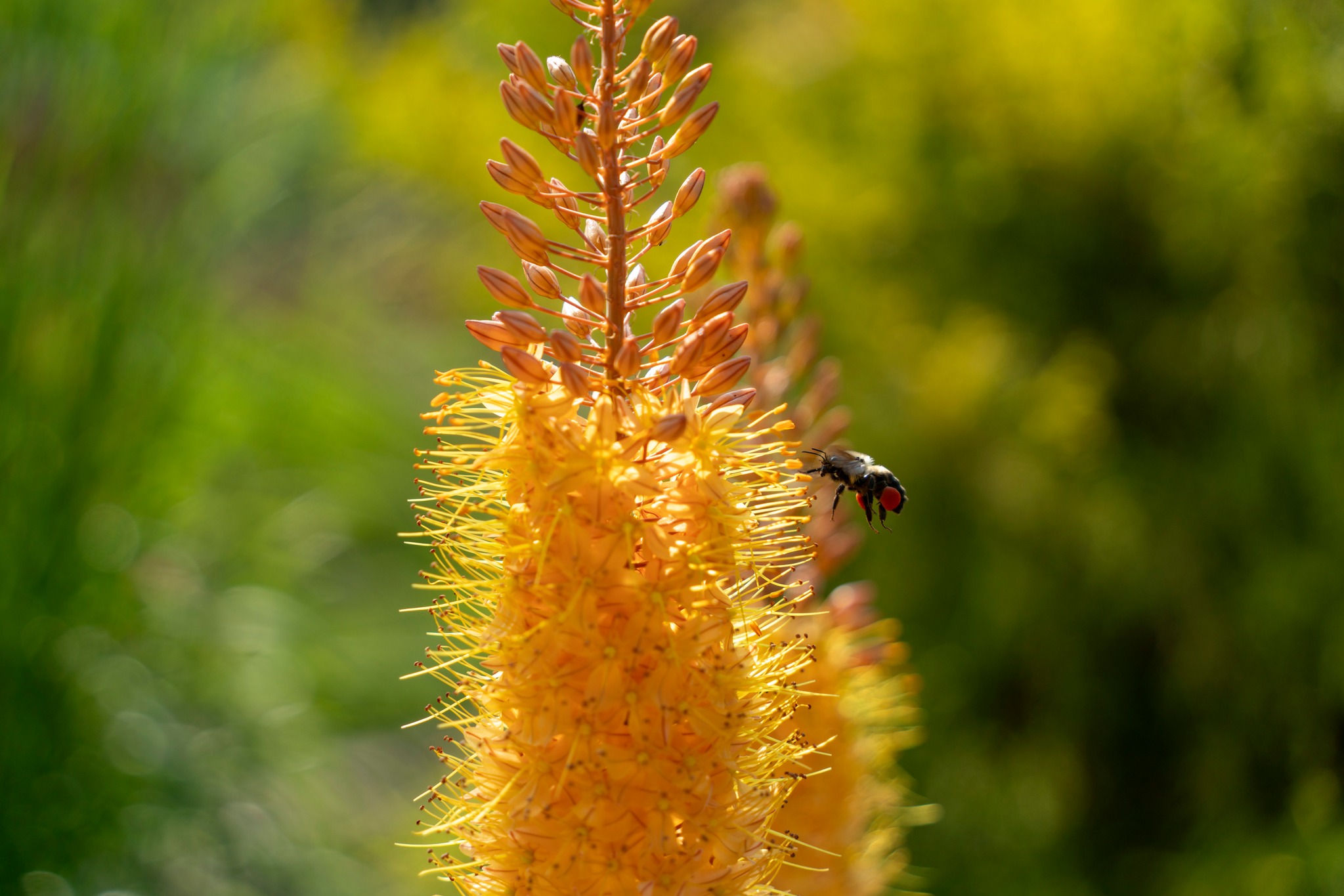- Overview of Earth Day: Its significance and global impact, highlighting the role individuals and organizations play in environmental protection.
- Everyday Actions: Simple, impactful practices such as recycling, planting trees, and energy conservation that contribute to sustainability.
- Conservation Efforts: The importance of supporting and donating to organizations dedicated to wildlife conservation and environmental health.
- Zoo’s Role in Education and Conservation: Explore how zoos engage the public and support conservation through educational events like the Party for the Planet Earth Day celebration.
- The Contribution of Zoology and Wildlife Studies: Address the significance of studying and understanding animals in their natural habitats to better protect ecosystems.
Earth Day stands as a pivotal moment each year, marking a collective acknowledgment of our responsibility to protect and nurture the planet. Originating in 1970, Earth Day has evolved into a global celebration, engaging over a billion people and numerous organizations worldwide. Its impact is profound, sparking awareness and prompting actions that range from the individual to the collective. This day serves as a reminder of the fragile balance that supports life on Earth and the continuous efforts required to sustain it.
Individuals and organizations play a vital role in environmental protection by embracing sustainable practices and advocating for environmental policies. Earth Day acts as a catalyst, inspiring communities and governments to strengthen their commitment to preserving nature. While spreading awareness, it emphasizes everyday actions to combat climate change and environmental degradation. From using energy-efficient light bulbs to community cleanup drives, these efforts help reduce carbon footprints and contribute to resilience against environmental challenges.
Adopting simple, impactful practices is essential for sustainability. Recycling, for example, reduces waste in landfills and saves raw materials, contributing to a decrease in pollution. The act of planting trees is another significant approach to environmental care. Trees absorb carbon dioxide, providing clean air while supporting biodiversity by offering habitat and food for countless species. Energy conservation, achievable through using efficient devices and mindfully reducing power consumption, plays a pivotal role in lowering emissions. Collectively, these small, actionable steps have a substantial impact on planetary health.
Supporting and donating to organizations dedicated to wildlife conservation and environmental health is crucial. These entities engage in activities ranging from habitat restoration to species protection, focusing on maintaining biodiversity and ecosystem integrity. Financial contributions fuel research and fieldwork, allowing conservationists to develop effective strategies to safeguard threatened species and habitats. By funding these organizations, individuals can significantly bolster efforts to combat challenges like poaching, deforestation, and climate change-related stresses on ecosystems.
Zoos also play a critical role in education and conservation. Modern zoos are not mere displays of exotic animals; they are essential hubs for wildlife conservation and public education. By organizing events such as the Party for the Planet Earth Day celebration, zoos engage the public through interactive experiences, ambassador animal encounters, and informational sessions. These events promote a deeper understanding of species conservation and foster empathy and commitment towards protecting natural environments.
The field of zoology and wildlife studies is instrumental in informing conservation strategies. Researchers gain invaluable insight by studying animals in their natural habitats, contributing to our understanding of animal behavior, ecology, and the requirements for habitat preservation. This knowledge aids in developing strategies to mitigate human-wildlife conflict by creating conservation plans that are beneficial for both humans and wildlife. By choosing careers in zoology or engaging with wildlife conservation research, individuals can play a direct role in safeguarding the planet’s biodiversity for future generations.
Earth Day not only highlights the interconnectedness of global ecosystems but also motivates action for their preservation. It underscores the importance of small, consistent actions and collective efforts in creating a sustainable future. Through recycling, tree planting, and energy conservation, to active engagement with conservation organizations, every contribution matters. Zoos further this cause by connecting people with wildlife, inspiring informed and compassionate action. The continuous study and understanding of wildlife enrich these conservation efforts, enhancing our ability to coexist harmoniously with the natural world.
By celebrating Earth Day and perpetually striving to protect our environment, we pave the way for a healthier planet. The collaborative efforts of individuals, organizations, and researchers are fundamental to halting environmental degradation and fostering a future where nature and humanity thrive together.
*****
Source Description
It’s Earth Day today! We’re so proud of everyone who works to protect our Mother Earth, from using energy efficient light bulbs to recycling to studying animals in the wild. You’re a critical part of making our planet a better place to live for all people and creatures.
There are so many big and small ways you can take action today and every day. Recycle, plant a tree, donate to an organization dedicated to conservation, and so much more!
Plus, don’t forget! We have a Party for the Planet Earth Day celebration here at the Zoo on Saturday, April 26, from 12-4 pm in the plaza, with free fun activities and ambassador animal chats!


